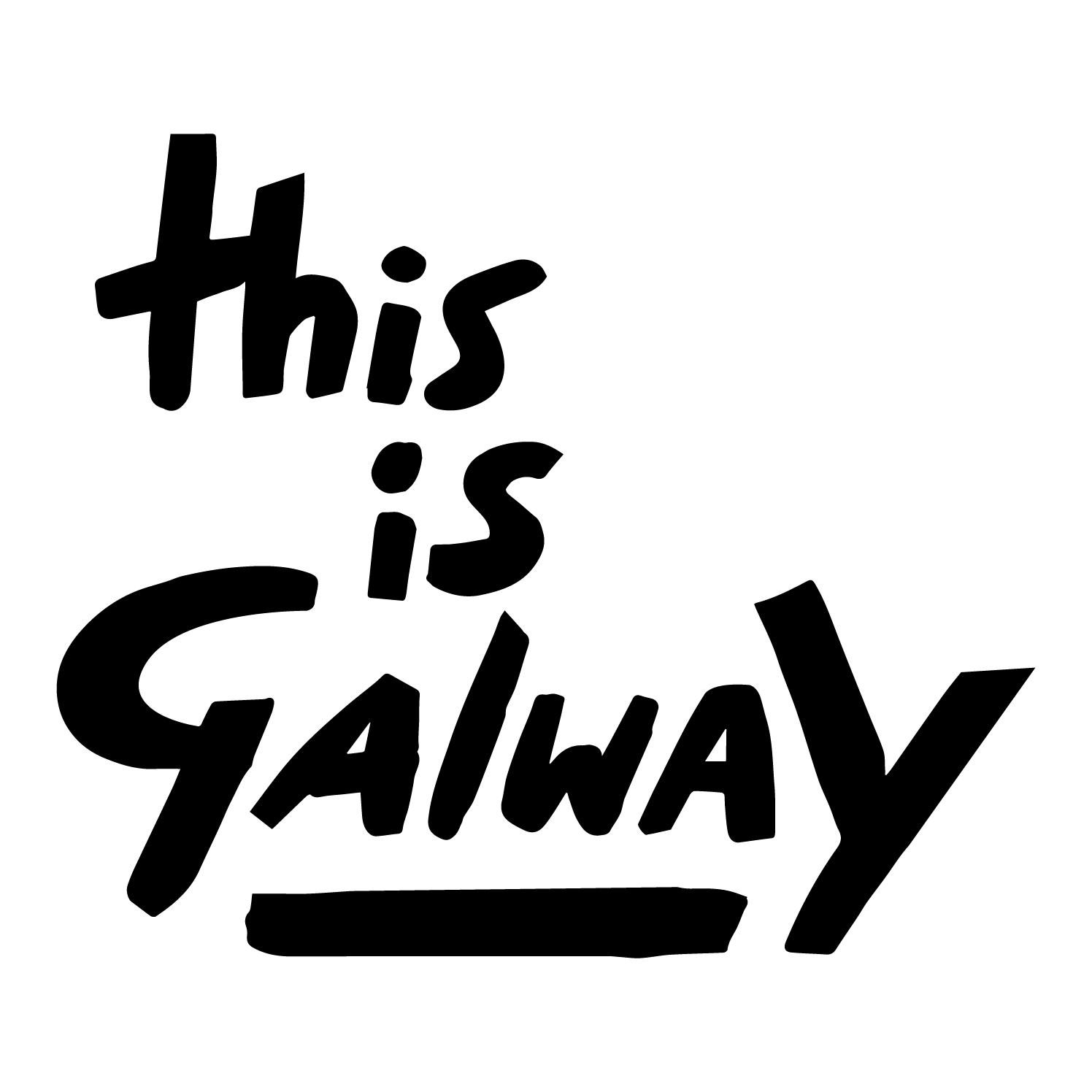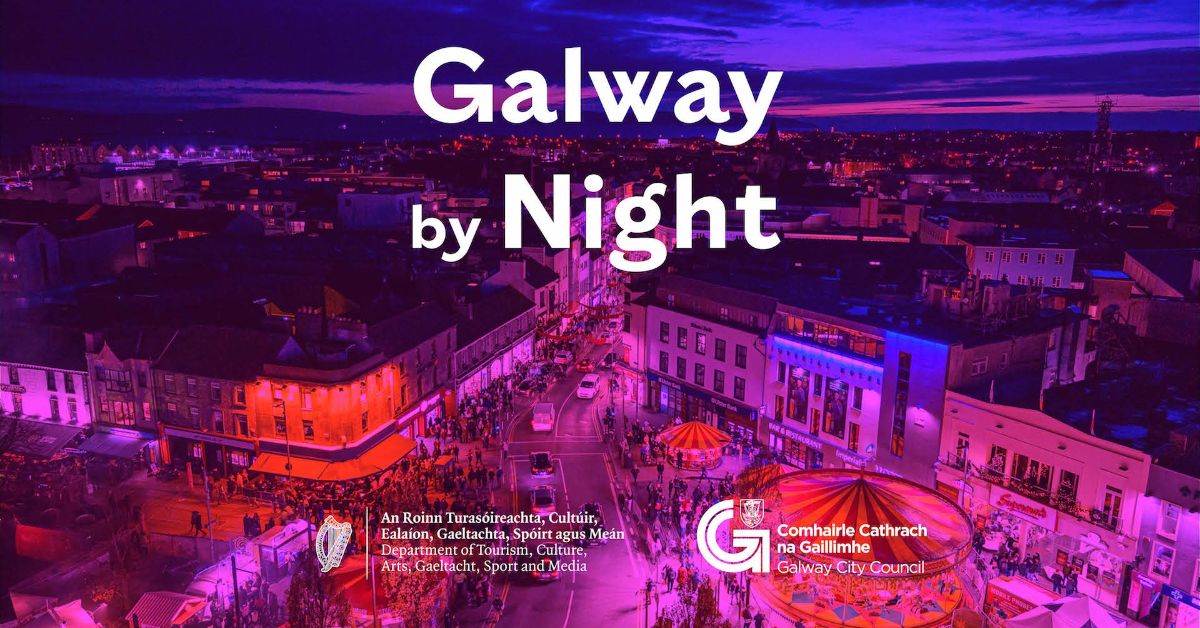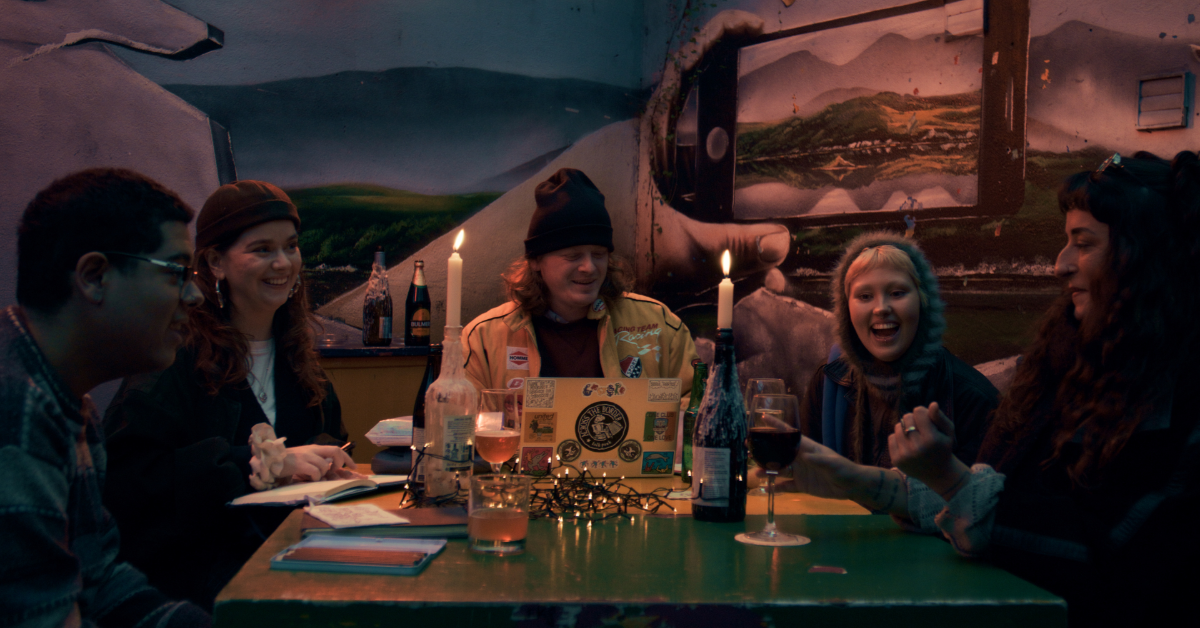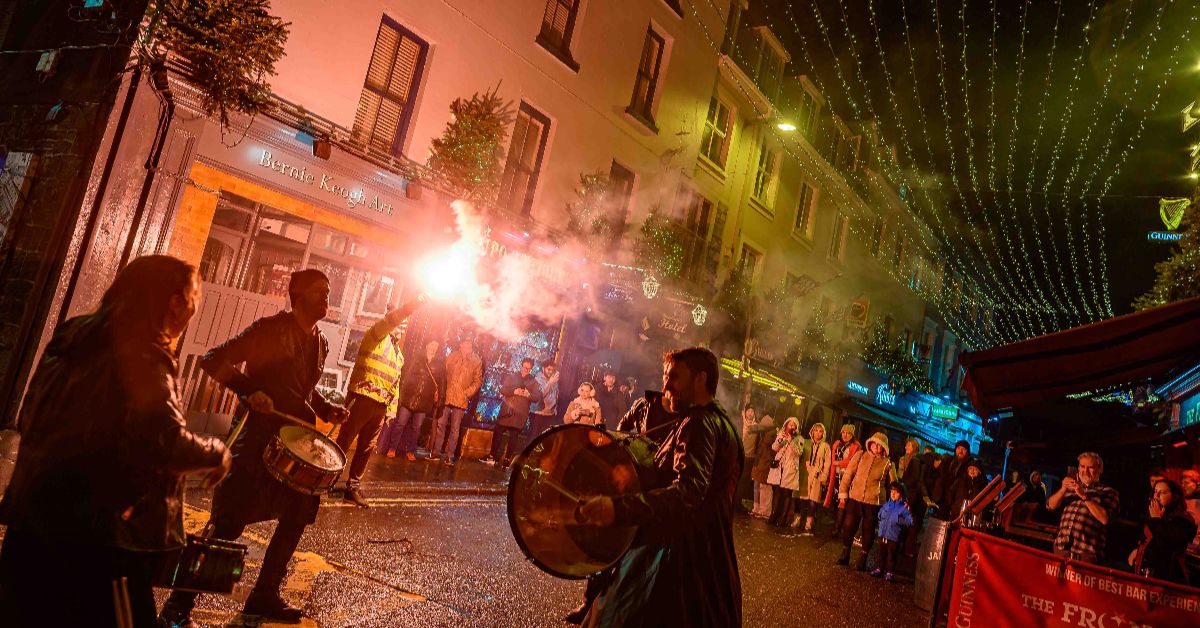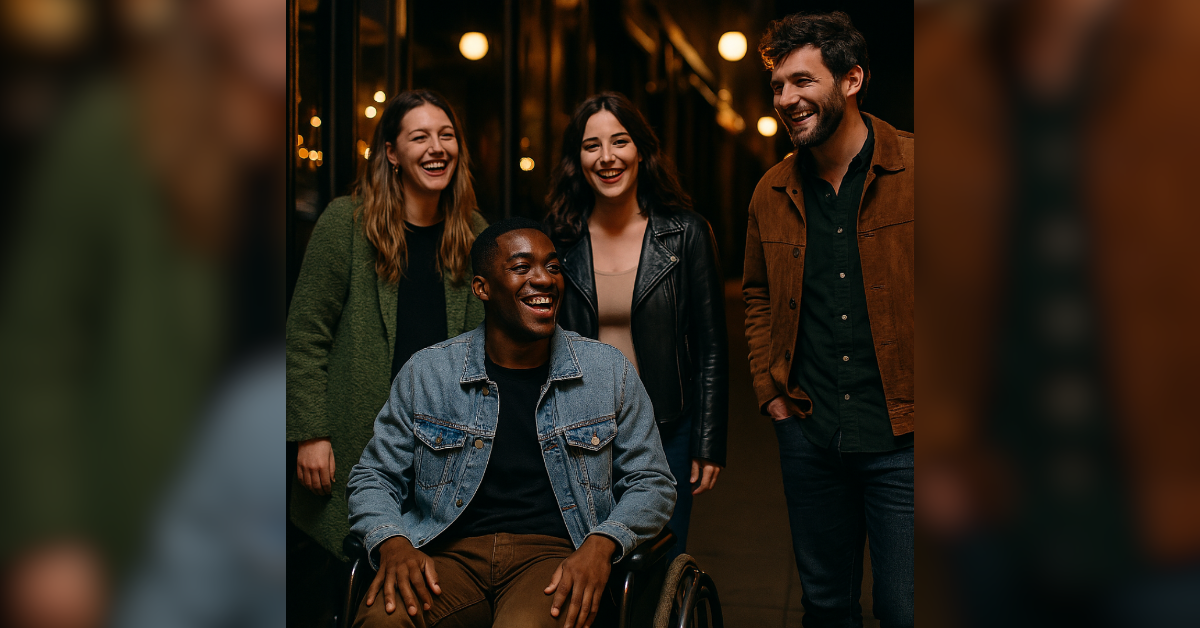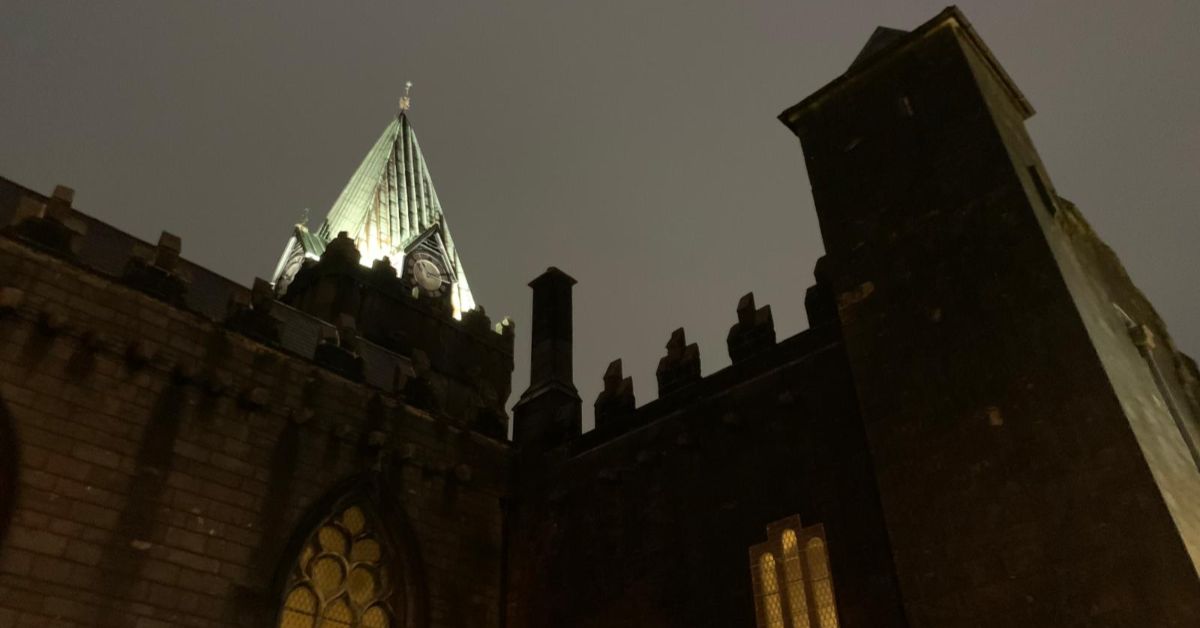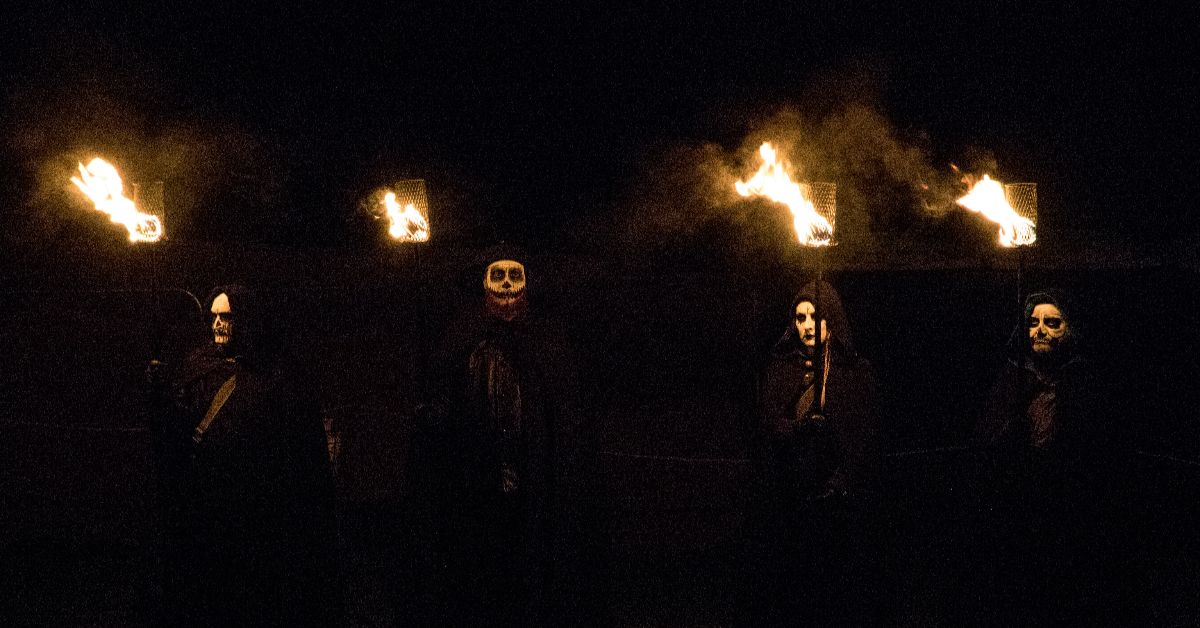The ‘All Right, All Night’ Bystander Intervention campaign aims to drive awareness of new training supports to educate and support young people to stand up, speak out and stay safe when socialising in the evening and at night. Find out more here...
The Minister for Tourism, Culture, Arts, Gaeltacht, Sport and Media, Catherine Martin T.D., recently announced €170,000 in funding support for “All Right, All Night”, a new safety, education and training initiative aimed at young people.
This initiative is in support of the recommendation arising from the Night-Time Economy Youth Forum and Action 34 from the Report of the Night-Time Economy Taskforce which highlighted the issue of public safety at night and suggested ways that current structures could support and enhance safety measures in night-time economy settings.
Funding of €240,000 was provided by the Department in 2023 to support the development of this training and education programme which has been designed specifically for young people aged 16-24 years, by Professor Louise Crowley, University College Cork. The training programme is based on evidence and research gathered through similar workshops held with third level students and has been developed based on the experiences of sexual violence and harassment among young people that they frequently witness and/or experience when socialising at night, even among their peer groups. The launch of today’s campaign aims to encourage people to sign up to this training and support a safer night-time environment. It is anticipated that this training will reach approximately 1,870 young people in 2024/2025.
The funding announced today is supporting the delivery of a series of bespoke, pilot training workshops and education programmes for young people, which will be delivered in school settings, and other out-of-home settings, such as sports clubs and youth groups. Through the workshops, participants will gain a clear understanding of the diversity of lived experiences, and in so doing promote respect and inclusivity. Participants will develop a range of practical skills on how to stay safe, keep their friends safe, and how to make a helpful, safe and effective intervention when they witness problematic behaviour. A series of train-the-trainer programmes will also be delivered to build capacity to deliver more workshops.
The layered learning approach will help participants to both recognise and challenge unacceptable behaviour by triggering their instinct to intervene as well as ensuring that they have the capacity to do so safely and effectively when socialising in the evening and at night.
Further research, data collection and the development of an online course will also be an integral part of the pilot initiative.
Announcing the new pilot initiative, Minister Martin said; "This training programme further supports our objectives for a safe and inclusive Night-Time Economy. It has been developed in direct response to a recommendation arising from our Night-Time Economy Youth Forum, in which young people highlighted the need for a training and education programme like this. I really welcome this initiative, which will help promote a safe and positive night time environment for young people and equip them with the skills they need to support each other. I hope that young people and youth leaders will sign up for this training and spread this message of safety and inclusion. This initiative is part of a suite of safety initiatives being implemented to support the Night-Time Economy and builds on previous work my Department has done with venues and club owners to roll-out vulnerability training for staff and efforts by the HSE Safer Night-life Programme to promote safety in the Night-Time Economy."
Professor Louise Crowley from UCC said; "The palpable appetite for action amongst young people has inspired the development of this pilot programme which will support their engagement in night-time economy activities. This is a critical opportunity for young people to develop and cultivate knowledge and skills to ensure a more respectful, safe and equal future. Through education and empowerment, bystander workshops can enhance ability to better recognise the unacceptability of all forms of harassment, sexual harassment and violence and the capacity to demand a safe and respectful experience for all, thereby enabling a whole of society response to effect real cultural change."
Published on Updated on